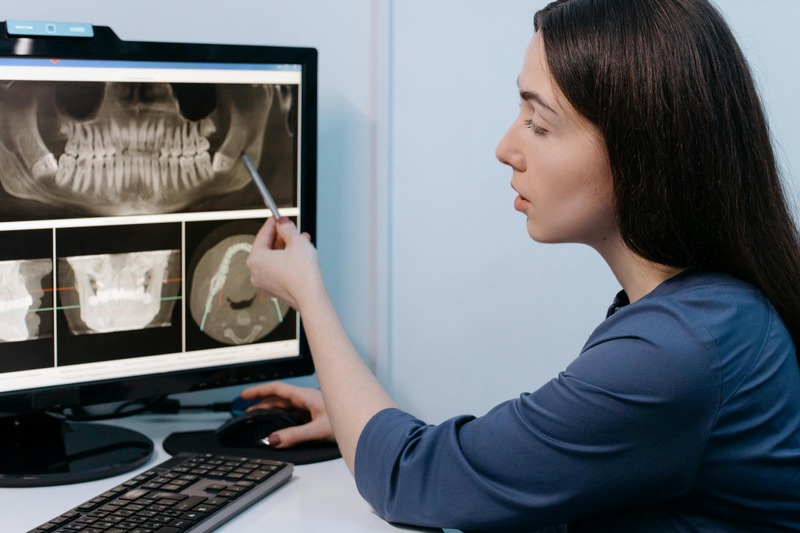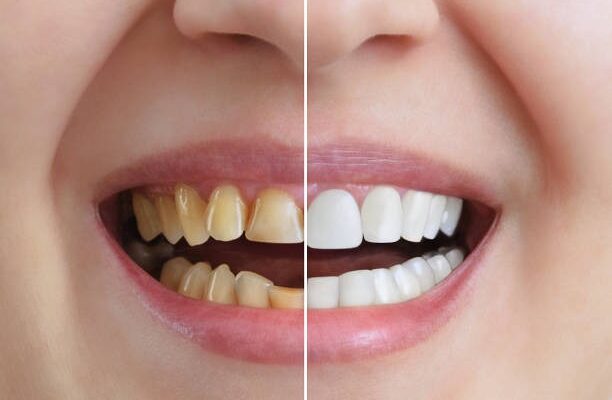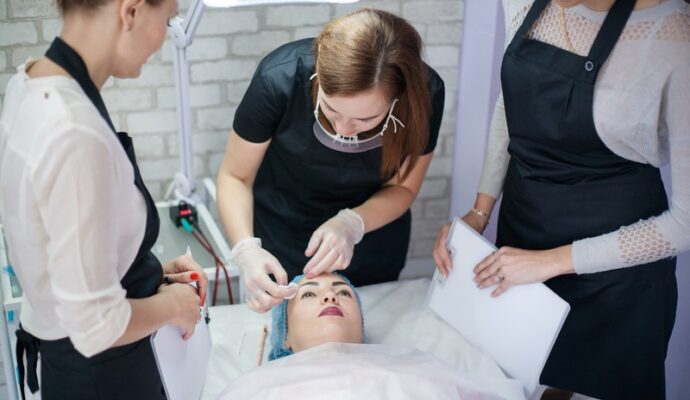Dental care often accompanies a range of myths, leaving individuals bewildered about the best practices for maintaining a healthy smile. Falling for these myths could lead to poor dental habits and health issues. This article aims to clarify common dental misconceptions, offering reliable facts for improving oral hygiene and ensuring well-informed decisions about dental care. By dispelling these myths, individuals can focus on practical measures that genuinely contribute to healthier teeth and gums.
Unraveling Dental Myths with Facts
Dental myths can lead to faulty care regimes. It’s crucial to debunk these myths to foster a positive approach to oral health. Here’s a breakdown of common myths and the truths behind them.
Sugar Directly Equals Cavities
Many people are led to believe that sugar is a direct cause of cavities. While sugar is a contributor, it’s actually the acid produced by bacteria feeding on sugar that leads to decay. Maintaining a consistent oral hygiene routine—such as brushing twice daily and flossing—is essential to preventing cavities rather than merely cutting sugar alone.
The Whiter the Teeth, the Healthier They Are
There’s a common belief that whiter teeth equate to healthier teeth. However, teeth can naturally vary in color due to genetics and aging, and may not indicate their health status. Instead of focusing solely on whitening, prioritize a balanced dental care routine for overall oral health.
Gum Disease Is Only a Localized Issue
The myth that gum disease affects only the mouth is misleading. Periodontal disease is associated with systemic conditions like heart disease. Regular dental checkups and good oral care are vital to addressing gum health, and supporting both oral and general well-being.
More Pressure Equals More Cleanliness
Some individuals think brushing harder will yield a deeper clean, but excessive force can damage gums and enamel. It’s more effective to use a soft-bristled brush with gentle, circular movements to effectively clean teeth without harm.
Bad Breath Stems Solely from Poor Oral Hygiene
-
While bad breath can be attributed to improper oral care, it can also arise from nutrition, medication, or dehydration.
-
Musical Note
-
A holistic approach includes addressing these other potential causes alongside dental habits.
Flossing Isn’t Necessary If Brushing Is Done Well
Flossing is often incorrectly deemed unnecessary if one brushes regularly. However, flossing targets areas between teeth that a brush can’t reach, preventing plaque buildup. Including flossing in the daily routine is essential to reducing decay risk and improving gum health.
All Dental Procedures Are Painful
The perception that dental treatments are synonymous with pain deters some from seeking care. Modern dentistry incorporates advances designed to minimize discomfort. Dentists use techniques such as anesthesia and sedation to ensure patient comfort during procedures.
Natural Alternatives Fully Replace Professional Care
-
Despite the popularity of natural remedies like charcoal, these should only complement—rather than replace—professional dental care.
-
Routine dentist visits remain crucial for thorough evaluations and protection against potential complications.
-
Consulting with professionals helps balance the use of home remedies safely.
Visiting a trusted dental clinic that excels in Mooresville dentistry ensures access to expert evaluations and personalized recommendations that go beyond what natural remedies can achieve. Professionals offer valuable insights into blending traditional and home-based care practices.
Fruit Juice Is a Safe Choice for Dental Health
While often considered a healthy alternative, fruit juices are typically high in sugar and acid, which may contribute to dental erosion and cavities. A better approach is moderating intake and rinsing with water afterward to decrease potential harm to the enamel.
It is essential to have access to professional advice from a dentist in Mooresville to guide choices in diet and dental care, ensuring the recommended practices align with individual needs and help mitigate the risks associated with high sugar consumption.
Oral Health Decline Is Permanent
The misconception that dental decline cannot be reversed discourages individuals from seeking timely interventions. Fortunately, contemporary dental treatments allow for repairing and restoring oral health. By committing to regular check-ups and necessary procedures, individuals can see improvement in their dental conditions.
Advanced treatments such as porcelain veneers offer modern solutions for addressing cosmetic concerns. Consulting with skilled dental professionals can provide options tailored to enhance overall dental appearance and health.
Children’s Teeth Don’t Require Early Professional Attention
-
The belief that children don’t need dental visits until all permanent teeth erupt is a misconception.
-
Early dental visits lay the groundwork for healthy oral development and early issue detection.
-
Acclimating children to dental care routines contributes to lifelong oral health practices.
Mouthwash is a Complete Substitute for Brushing
Mouthwash is a helpful addition to oral care, but it cannot replace brushing and flossing routines. While it aids in freshening breath and reducing bacteria, a comprehensive regimen involves all three steps to effectively maintain oral hygiene.
Enhancing Oral Health Awareness
By debunking dental myths, the ability to make informed decisions about oral health increases. Emphasizing facts leads to adopting habits that support healthier teeth and gums. Prioritizing accurate information over misconceptions paves the way to improved dental wellness and overall confidence.
Actionable Oral Health Tips
-
Commit to brushing and flossing daily with proper techniques.
-
Attend routine dental appointments for professional care and guidance.
-
Limit the consumption of sugary and acidic foods and beverages.
-
Opt for toothpaste with fluoride to strengthen enamel.
-
Avoid tobacco to protect both dental and general health.
Closing Remarks
Navigating the landscape of dental myths can be challenging, but understanding the facts empowers individuals with the knowledge needed for better oral health choices. By focusing on reliable dental advice and engaging regularly with experienced professionals, individuals can maintain optimal oral wellness and a confident smile. Continuing education and routine care are pivotal in ensuring strong, healthy teeth for life.




